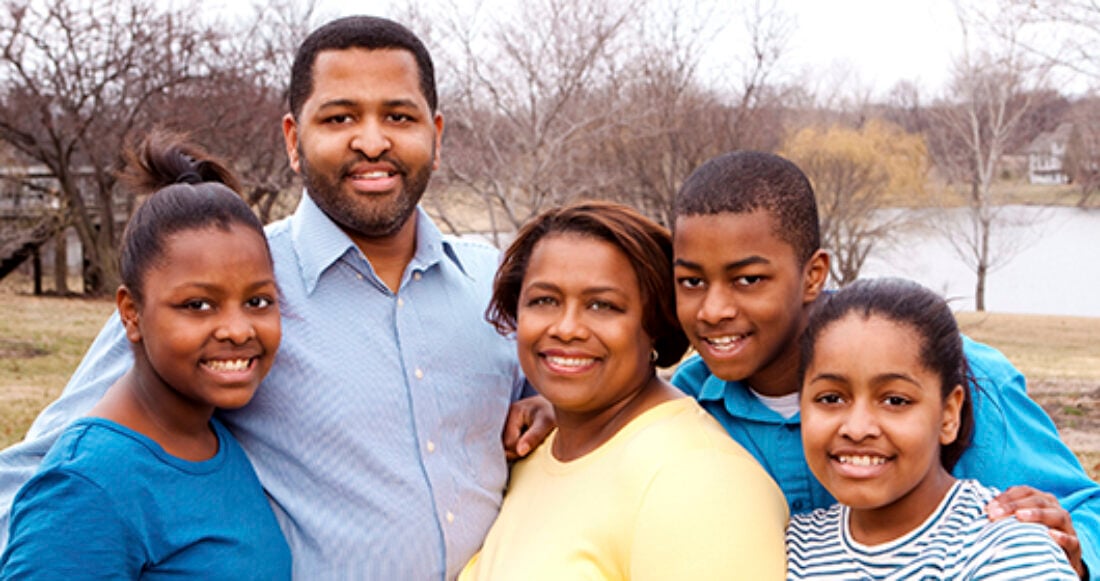What Is Permanence?

The federal government promotes it. States, localities and agencies collect statistics on it. Children need it. What is permanence?
Permanence is an idea, a value and a status. If young people have permanence, they have family members, including at least one parenting adult, who intend to always be there for them.
What is legal permanence?
When people talk about “legal” permanence, they mean that a child’s relationship with a parenting adult is recognized by law—that the adult is the child’s birth, kin, foster, guardianship or adoptive parent. Legal status confers emotional, social, financial and other status.
What is relational permanence?
When people talk about “relational” permanence, they often mean recognizing the many types of important long-term relationships that help a child or young person feel loved and connected—relationships with brothers and sisters, family friends and extended family, and former foster family members, for example. Permanency pacts are one way to recognize the ties of relational permanence; there are other ways, as well. Permanency preparation and permanency planning are terms used for efforts to involve children, youth, their caseworkers, families and interested adults in charting a course toward permanence for a child or young person in foster care.
Why is permanence important?
Permanence sounds simple, but for kids in foster care, it often isn’t. In part, that’s because children’s ability to develop healthy, lasting relationships is affected by their experiences growing up. When children’s ties to parents, siblings and extended family are weakened by abuse, neglect and removal from the family, children’s development can suffer.
Years ago, going into foster care or being adopted meant cutting ties to biological family. Today, much has changed. In part, that’s because young people, families and social workers demanded change. They understood that the biological and affectional ties of family cannot be ignored—that children do better when they know their family histories, stay connected to important adults and relationships, and have at least one adult committed to being their lifelong parent.
Who needs permanence?
In 2021, just under 400,000 children were in foster care. In recent years, nearly half the kids who enter foster care find permanence by returning to their parents. For others, permanence may mean being adopted (25% in 2021) by a family member or foster parent or having someone they know serve as their guardian (12%). Unfortunately, about 20,000 young people each year age out of foster care without strong ties to family, also known as “emancipation;” these children often face challenging odds of succeeding as adults.
Permanence means family
Research is clear: Stable attachments are a crucial building block of child development. So is knowing your heritage, understanding where you came from, and being treated as an individual.
Often, permanence means having a parent who helps you grow into adulthood and staying connected with other family members and friends. Maybe when you leave foster care you reunite with your mom, but keep in touch with the foster parents who took care of you. Maybe you and your siblings are adopted by a cousin, but see your birth mother twice a year.
Fact is, everyone needs family. Everyone also needs parents, no matter one’s age or situation. Kids with serious mental health needs or cognitive limitations or medical or physical challenges need parents. Kids who have been sexually trafficked need parents. Kids who are lesbian, gay, bisexual, transgender or questioning need parents. Kids who are 5 or 12 or 18 need parents. Kids who play football or like to dance or are scared of dogs or hope to be doctors need parents. It’s part of who we are as humans–being connected to family helps us flourish.
See more Foundation resources on:
In addition, the Foundation provides the KIDS COUNT Data Center, with 60+ measures of foster care and child welfare, customizable by state and demographic group, as well as a summary of national trends.
Sign up for the Child Welfare newsletter to stay current on foster care data, updates and news





